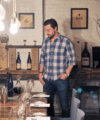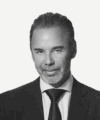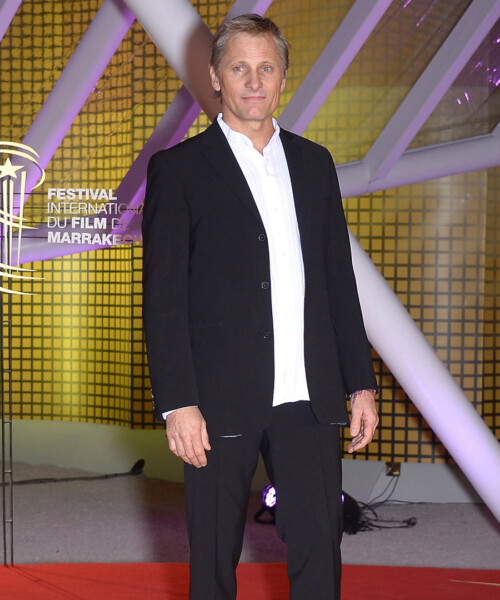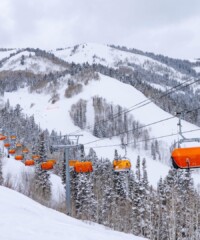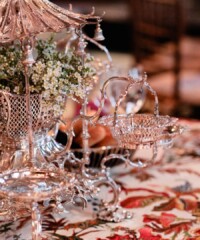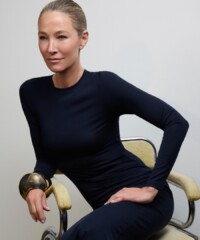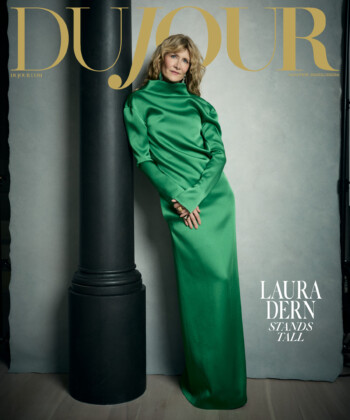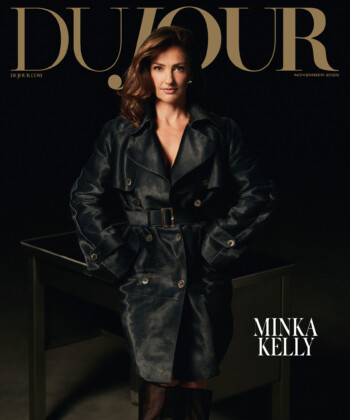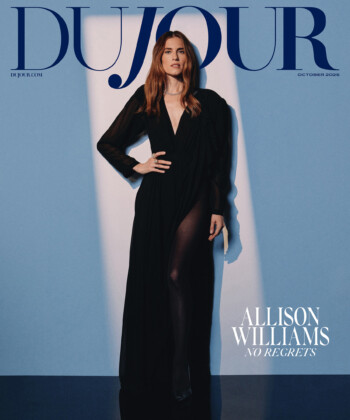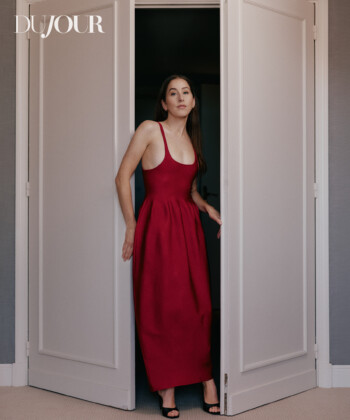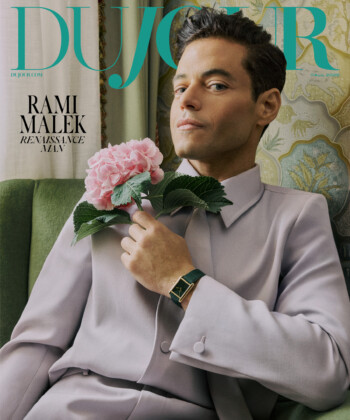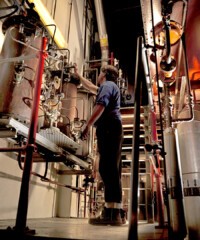Viggo Mortensen has played plenty of roles—from a king in The Lord of the Rings to Sigmund Freud in A Dangerous Method—but none have required quite the same specialized skills as his most recent part. To play Daru, the protagonist of director David Oelhoffen’s Far From Men, Mortensen not only had to log time in the mountains of Morocco, he also had to learn Arabic.
It’s fitting then that Mortensen and his film—which takes place in 1954 Algiers—were honored at the Marrakech International Film Festival, not far from where the movie was made. Here, he speaks to DuJour about the film’s important lessons and why he’s grateful to be screening it for a Moroccan audience.
So, here you are in Marrakech screening Far From Men, which you called something of a homecoming. Why’s that?
Principally, I suppose, because we shot the film in this country. We’ve already shown the film at the festival of Algiers in Algeria, which I think is positive because notoriously, the governments of those two countries have had problems for years. Not the people, though. Our crew, in fact, knows what that’s about, or what it doesn’t need to be about in a way because our crew is made up of Moroccan, French and Algerian people. As soon as you sit down with someone, or spend time together or travel together, and really listen to one another, you really realize you’re not that different from anyone in the end. But it takes time.
You shot the movie here and now you’re back being honored by the film festival. That seems pretty full-circle.
We finished our last day of shooting exactly one year ago from yesterday, so it’s strange to be back in Morocco for the first time since then, and to be presenting the movie in front of 7,000 people in the Jemaa El Fna square is an amazing experience, being able to see the mountains in the distance, we saw on the day we finished. It’s a strange feeling, an unusual coming home for the directors and the producers.
In the film, you speak French, Spanish and Arabic. Did you come on board with all of those language skills?
Well, I have French after a fashion because I was raised near the Canadian border and I was exposed to French Quebec and that’s where my French came from.
It sounds like French French, not Canadian French.
I had to modify that, change my accent and speak a different kind of French for this movie. Arabic I didn’t speak, but learning is part of what I like—maybe the main thing I like about telling stories is the things you can learn along the way. And it was obviously necessary I work really hard on that and learn Arabic because the character is trilingual. It’s part of the job.
That’s a tall order for an actor.
Well, it has to do with Algeria, and everything is not quite what it seems. There’s usually more to the story, more to the person and his life, especially in this case, and what’s beautiful about the script is that both Muhammad, the character played by Reda Kateb, and Daru, the character I play, is that they gradually reveal things about themselves, about their history and their emotions.
It’s a slow-burn bromance.
They’re very discrete men in a way, and it’s an endearing thing; it kind of draws you in, I think, as an audience member. And also, as a reader of the script, I found it intriguing the first time that I noticed why they were expressing themselves, whether it was due to their family history or their cultural background, and you learn little by little. We make assumptions about people all the time, based on our own personal prejudices, likes and dislikes, and people are often much more complicated and unusual than we think they are. The story is about that in many ways.
You’re here in Marrakech being honored by the film festival. How much of behind honored is truly an honor?
It’s kind of embarrassing, really, and it’s kind of daunting. I was kind of scared to go on the stage, you know? But, at the same time, I was very conscious that it was a once-in-a-lifetime moment to be honored in this way, in this place. It was very touching and flattering on many levels, and I hope in some way it does bring extra attention to Far From Men. It’s a beautiful story and deserves it.
You’re back for the first time in a year. Is there anything on your agenda that’s not work-related?
I would love to go up into the Atlas Mountains because I know—since this is the time when we finished filming last year—that there are some beautiful bulbs up there. There are plants that just start coming now, even where there’s snow. We used to see these blue flowers—I can’t remember what they’re called in Arabic—but I’d like to go up and see that, and just be in the mountains. Just the views up there are astounding, but I can’t make it. Right after this interview, I’m going to France for a few months and, until that’s finished, I won’t have the luxury of going to the mountains.



















